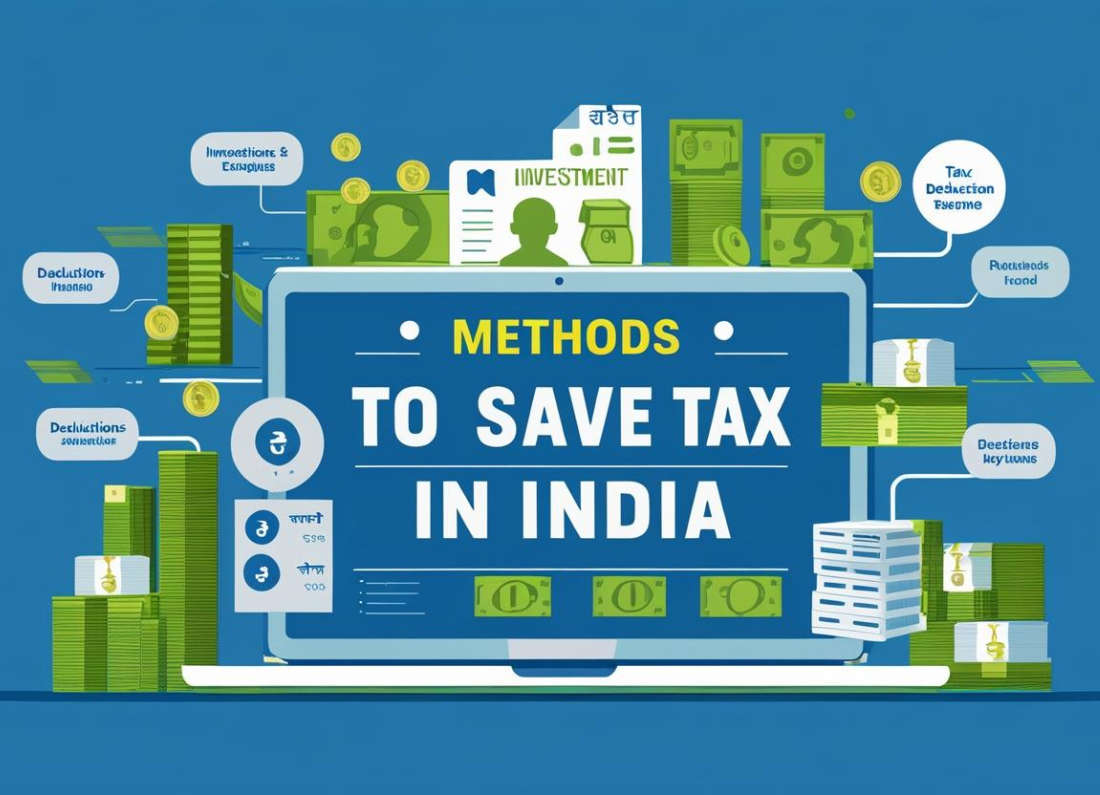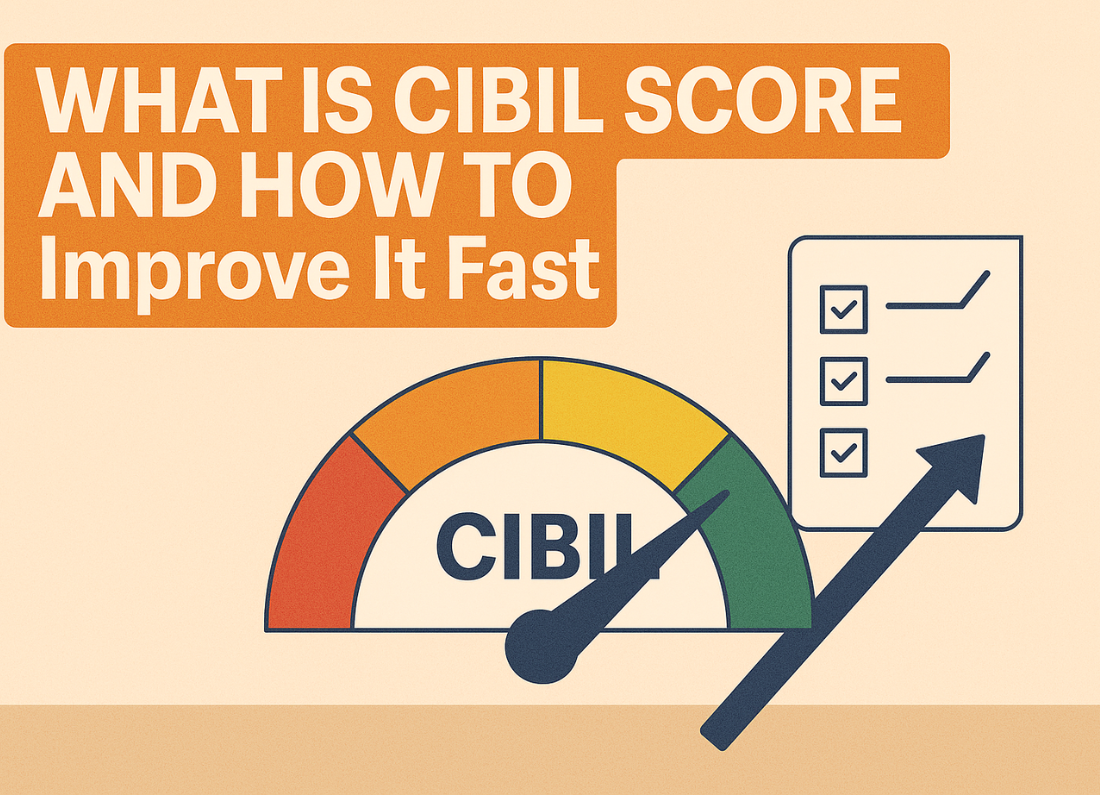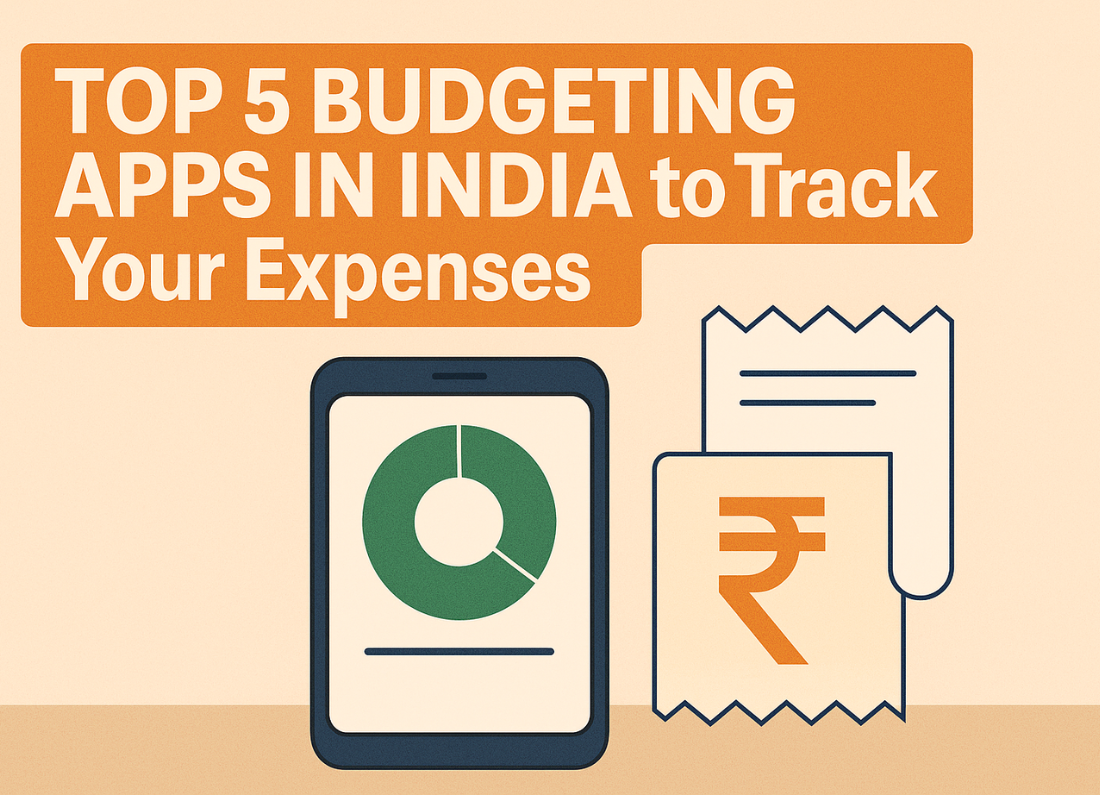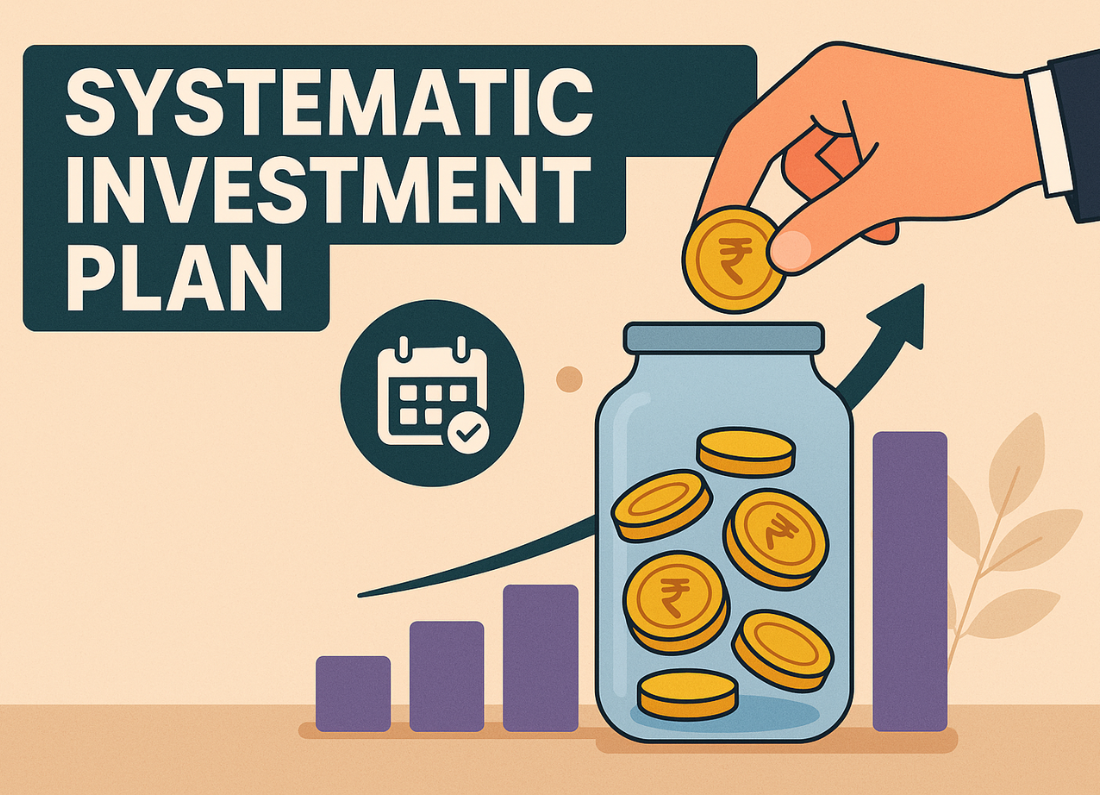📍 Introduction
Every year, salaried employees in India seek smart ways to reduce their tax burden. Thankfully, the Indian Income Tax Act provides numerous legal tax-saving options. Whether you’re a fresher or a senior executive, understanding how to plan your income, investments, and exemptions can help you save thousands in taxes.
In this guide, we’ll explore practical, legal, and smart strategies to save tax in India—especially tailored for salaried individuals.
🧾 1. Understand Your Tax Regime (Old vs New)
🔹 Old Tax Regime:
- Higher tax slabs
- Offers multiple exemptions (80C, HRA, etc.)
🔹 New Tax Regime (Section 115BAC):
- Lower tax rates
- No major exemptions allowed
👉 Choose the one that benefits you most. For those with investments and deductions, the old regime is often more tax-efficient.
🏠 2. Claim House Rent Allowance (HRA)
If you live in a rented home, you can claim HRA exemption. The deduction depends on:
- Your salary structure
- Actual rent paid
- City of residence
You’ll need:
- Rent receipts
- Landlord’s PAN (if rent > ₹1 lakh/year)
Even if you pay rent to parents, HRA can be claimed (with proper documentation).
💸 3. Utilize Section 80C (Maximum Deduction: ₹1.5 Lakhs)
This is the most popular section for tax savings. Eligible investments/deductions under 80C include:
| Investment / Expense | Eligible for Deduction |
|---|---|
| Provident Fund (EPF) | Yes |
| Public Provident Fund (PPF) | Yes |
| Life Insurance Premium | Yes |
| Tax Saving Fixed Deposits (5 Years) | Yes |
| Equity Linked Savings Scheme (ELSS) | Yes |
| Principal repayment of home loan | Yes |
| Children’s tuition fees | Yes |
| Sukanya Samriddhi Yojana | Yes |
You can mix and match to reach the ₹1.5 lakh cap.
🧓 4. Invest in National Pension System (NPS) – Section 80CCD(1B)
An additional ₹50,000 deduction is available under Section 80CCD(1B), over and above 80C.
NPS is a voluntary retirement scheme with tax benefits, and it also helps build a long-term corpus.
🏥 5. Claim Medical Insurance – Section 80D
Health insurance premiums can be claimed for:
- Self, spouse, children: Up to ₹25,000
- Parents (senior citizens): Up to ₹50,000
Also covers preventive health check-ups (within the limits).
🧠 6. Education Loan Interest – Section 80E
You can claim a deduction for the entire interest paid on an education loan for higher studies (in India or abroad). This is available for 8 years from the year of repayment.
🧾 7. Use Standard Deduction (No Documentation Needed)
All salaried employees are entitled to a standard deduction of ₹50,000, regardless of actual expenses. This is automatically applied when filing your return.
📚 8. Claim Leave Travel Allowance (LTA)
You can claim tax exemption on travel expenses within India (for you and your family) twice in 4 years.
Conditions:
- Only domestic travel allowed
- Proof of travel (tickets, boarding passes)
- No hotel or food bills covered
🏡 9. Deduction on Home Loan Interest – Section 24(b)
If you’ve taken a home loan, claim:
- Up to ₹2 lakh deduction on interest (if property is self-occupied)
- No limit if property is rented out
Combine with principal repayment deduction under 80C for maximum benefit.
🎓 10. Other Smart Deductions
✅ Section 80G – Donations
Donate to registered NGOs or disaster relief funds and claim deductions (50% or 100%).
✅ Section 80TTA – Savings Account Interest
Earned interest up to ₹10,000 from a savings account is exempt.
✅ Section 80U / 80DD – Disability or Dependent Disability
Higher deductions for employees with disabilities or dependents with disabilities.
🧾 Example: How a Salaried Employee Can Save Tax
Let’s say your gross salary is ₹10,00,000 per year.
Deductions Claimed:
- 80C: ₹1,50,000 (PPF, ELSS)
- 80D: ₹25,000 (health insurance)
- 80CCD(1B): ₹50,000 (NPS)
- 24(b): ₹2,00,000 (home loan interest)
- Standard Deduction: ₹50,000
Total Deductions: ₹4,75,000
Taxable Income: ₹5,25,000
💡 Result: Your income tax drops significantly or becomes nil after rebate under Section 87A!
⚖️ Legal and Ethical Tax Planning
Tax planning is legal. Tax evasion is not.
You must:
- Keep documentation
- Use only approved instruments
- File returns on time
- Consult a tax expert if unsure
✅ Conclusion
Saving tax isn’t about finding loopholes—it’s about planning smartly and making informed decisions. Whether you invest in ELSS, pay health insurance, or use your home loan interest wisely, there are plenty of legal ways for salaried employees in India to reduce their tax burden.
Start early in the financial year to spread your investments and avoid last-minute pressure. With a little planning, you can save more, invest smarter, and file taxes stress-free.














Leave a Reply